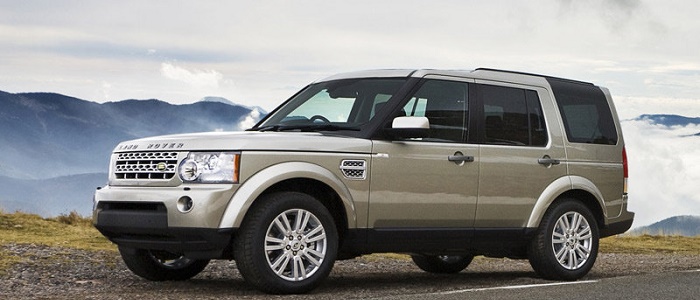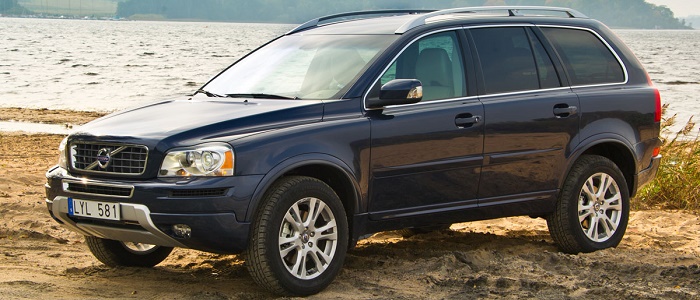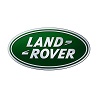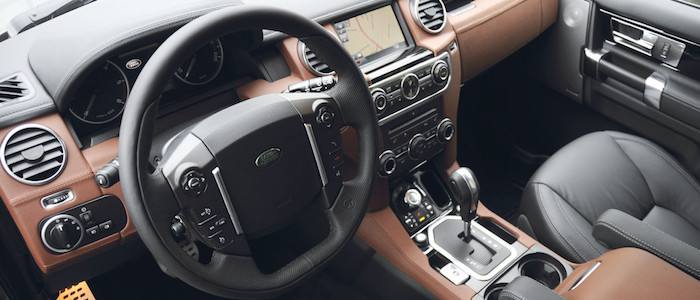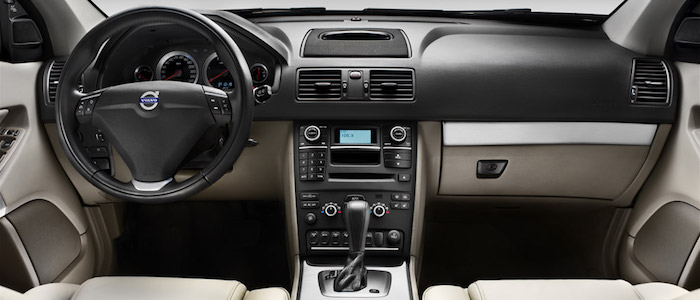Compare two cars
Compare any two cars and get our Virtual Adviser™ opinion
Dimensons & Outlines
Check vehicle history
Engine
Performance (manual gearbox)
Performance (automatic gearbox)
Expenses
Virtual Adviser's™ opinion
Two significantly similar cars, no doubt about that. Still, each one has something different to offer. Having both cars powered by diesel engines and utilizing the 5-door suv body style within the same 'SUV' segment, the only major difference here really is their wheel drive configuration (4 x 4 for the Land Rover and front in the case of the Volvo). The first one has a Ford-engineered powertrain under the hood, a 6-cylinder, 24-valves 211hp unit, while the other one gets its power and torque from a 5-cylinder, 20-valves 163hp engine designed by Volvo.
SafetyBoth vehicles got tested by European New Car Assessment Programme (Euro NCAP), with the Volvo being a slightly better choice apparently. Still, apart from the official crash test results there are other things we need to be aware of. Both vehicles belong to the suv segment, which is generally a very good thing safety-wise, but it doesn't do much to help us decide between the two. Furthermore, when it comes to weight, a factor that most people underestimate, the British car offers a considerable difference of 22% more metal.
ReliabilityManufacturers have been building their reliability reputation for decades now and, generally speaking, it appears that Volvo as a brand displays somewhat better results, at least on all of the models level. That's the official data, while our visitors describe reliability of Land Rover with an average rating of 3.8, and models under the Volvo badge with 3.2 out of 5. Some independent research have also placed Discovery as average reliability-wise, and XC90 is more or less at the same level.That apart, owners of different cars powered by the same engine as the British car rank it on average as 3.0, while the one under the competitor's bonnet gets 4.3 out of 5.
Performance & Fuel economyLand Rover is a bit more agile, reaching 100km/h in 0.9 seconds less than its competitor. Still, it lacks the power to win the top speed competition, topping at 180 kilometers per hour, 10km/h less than the other car. When it comes to fuel economy the winner has to be the Swedish car, averaging around 8.2 liters of fuel per 100 kilometers (34 mpg), in combined cycle. We can't ignore that 13% difference compared to the British car.
Verdict
Volvo is apparently more reliable, not too much, but just enough. The most important thing when deciding between any two vehicles should always be safety, both passive and active. In this case though, it seems that both cars show similar levels of passenger protection all together, so that won't break a tie. But one thing that actually could is the performance, with Volvo offering somewhat better performance, just enough to call it quicker. To make things even better, it consumps less fuel! All together, there's not much more to say, in this case I wouldn't even consider anything but Volvo. Anyway, that's the most objective conclusion I could've came up with and it's based solely on the information found on this website. Aspects such as design, practicality, brand value and driving experience are there for you to measure them out. I suggest you spend two more minutes in order to find out which car, based on your needs and budget, would be picked by the virtual adviser™, among more than 12.000 different ones in our database.























